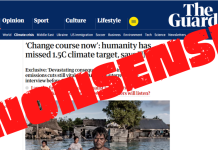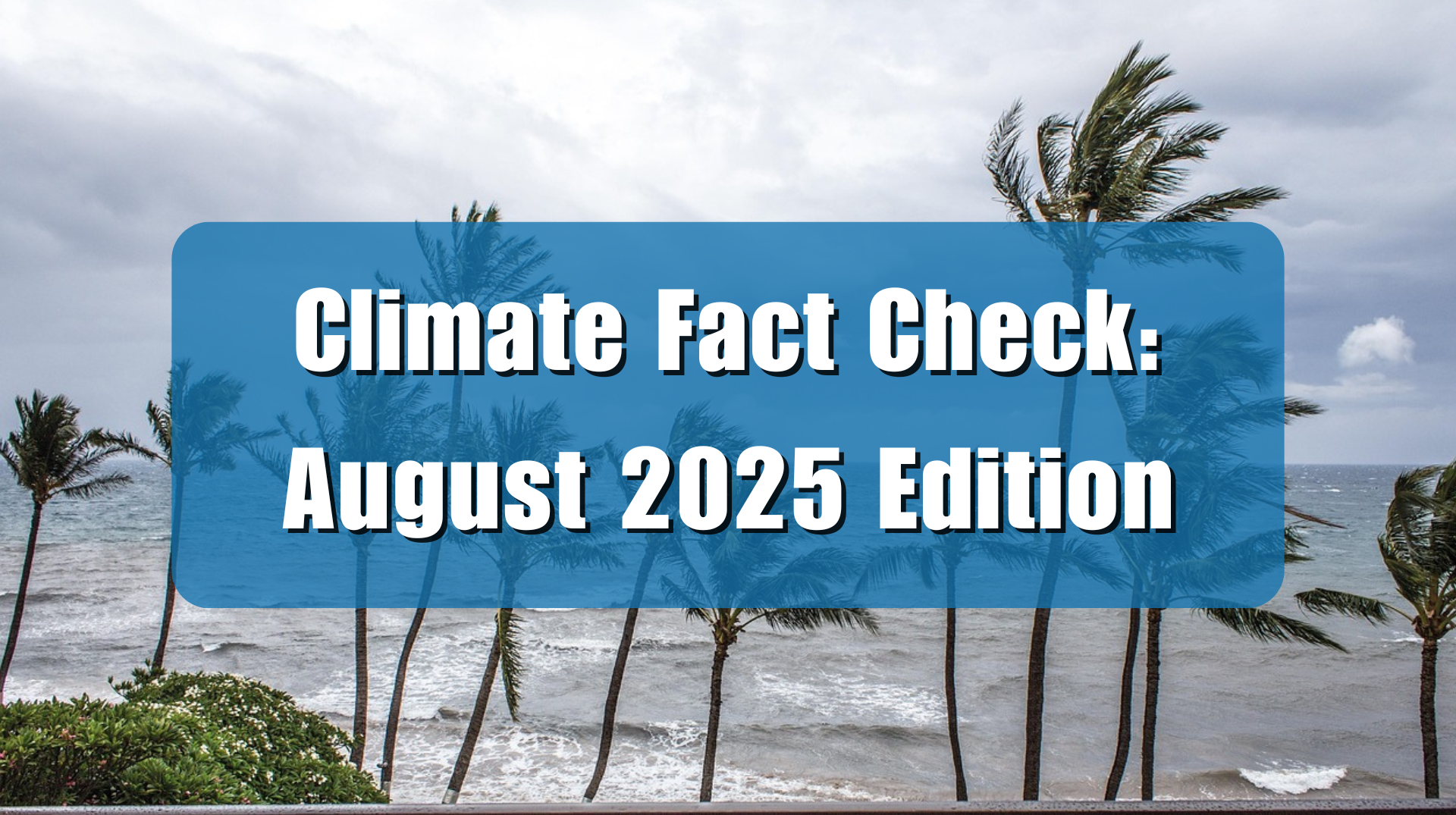A recent article in The Daily Signal shows that the fight against climate change is having, and will continue to have, a deleterious impact on farmers and food prices. This unfortunate fact has been demonstrated repeatedly in recent years. Fossil fuels provide the energy and technology necessary for modern large-scale food production.
The article, “Climate Policies Will Shut Down Farmers,” written by Diana Furchtgott-Roth, director of The Heritage Foundation’s Center for Energy, Climate, and Environment, describes the loss of farmers’ livelihoods in Europe, as well as rising food prices, and reduced supplies, as a direct result of policies intended to fight climate change.
“European farmers are being told that because of the aim for “net-zero emissions” of greenhouse gases and other so-called pollutants in 2050, their industry is being phased out if they can’t adapt,” Furchtgott-Roth writes.
This Daily Signal story mostly cites the example of Belgian and Dutch farmers, as their governments are imposing increasingly harsh regulations on nitrogen oxide and ammonia based fertilizer use. A voluntary program promoted by the Dutch government, previously, resulted in a 70 percent reduction in nitrogen runoff. The government now claims that reduction was insufficient. Another 50 percent reduction is being demanded of farmers, and this time it is not going to be voluntary. Estimates are that the plan will force farmers to dispose of half their livestock and potentially cause more than 11,200 farms to close.
In response, farmers have been staging large protests over the rules, pointing out that their industry provides the majority of the meat for European markets.
Farmers and grocers in the UK are similarly upset with government climate policy. As Climate Realism covered in “Thanks, Epoch Times, for Reporting on How Net-Zero Policies Are Destroying British Agriculture,” the British government is paying farmers to stop using their land for crop-growing. Instead, the land is set aside for wilderness. The result, according to local farmers, is an increase in food shortages, with some grocery stores being forced to ration produce when imports are held up.
Furchtgott-Roth points out that it’s not just energy security, “…but also our agricultural production and food security, depend on fossil fuels, and we don’t want to destroy that security. Ammonia is a key component of fertilizer manufacturing and producing it requires natural gas.”
Farming methods that forego using fossil-fuel derived synthetic fertilizers, such as organic farming, require up to 30 percent more land to produce the same amount of food. Studies suggest that, without nitrogen fertilizer, only half of the world’s current population could be fed.
Furchtgott-Roth says as a result of policies driven by climate change alarm and Environmental, Social, and Governance (ESG) concerns, “countries are giving up agricultural productivity and raising food prices. This disproportionately hurts the poor, who spend a higher share of their income on food.”
The results of policies restricting fossil fuel development and use have been similar in the United States, where food prices have risen due in part to the high cost of fuel, as modern farming requires heavy diesel-run machinery, and because in 2021 farmers paid 200 to 300 percent higher prices for fertilizer. As a result, in 2022, food prices rose at the highest rate since 1979.
One of the claims that Climate Realism most frequently debunks is that climate change is harming crop production (see here, here, and here, for a few examples). On the contrary, most crops are doing well and have been seeing improving production and yield over time. It is climate policies, especially those that are limiting the use of fossil-fuel derived fertilizers or increasing the cost of essential gasoline and diesel fuel that diminish farmers’ abilities to keep yields high.
Furchtgott-Roth and The Daily Signal are right to sound the alarm about the real, immediate negative impacts of shortsighted climate policies on the agricultural sector. Banning fossil fuels will not improve crop production, in fact the reverse is true; depriving the world of abundant fossil fuels for farming will prove to be the real crop-killer, with increasing hunger and starvation being the ultimate, entirely avoidable, result.





















